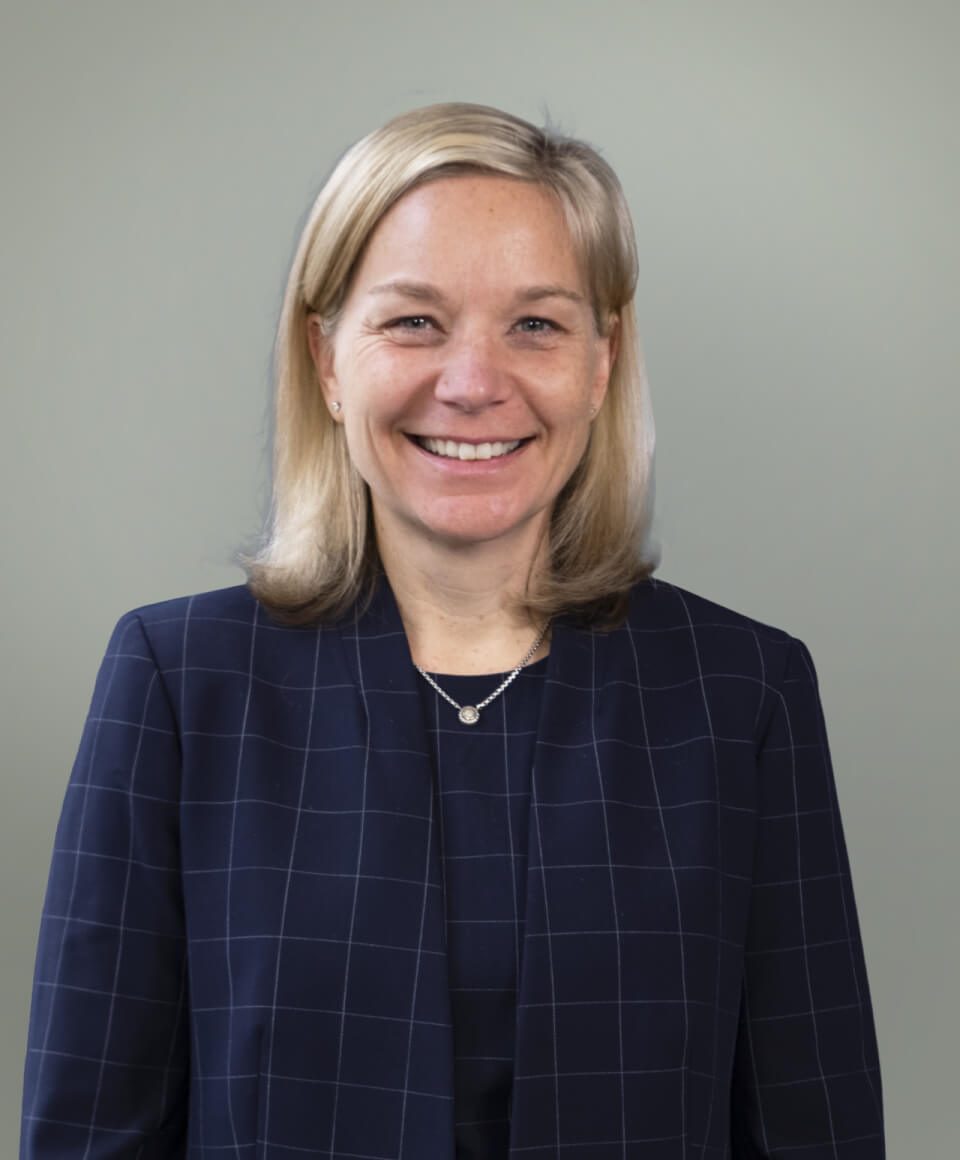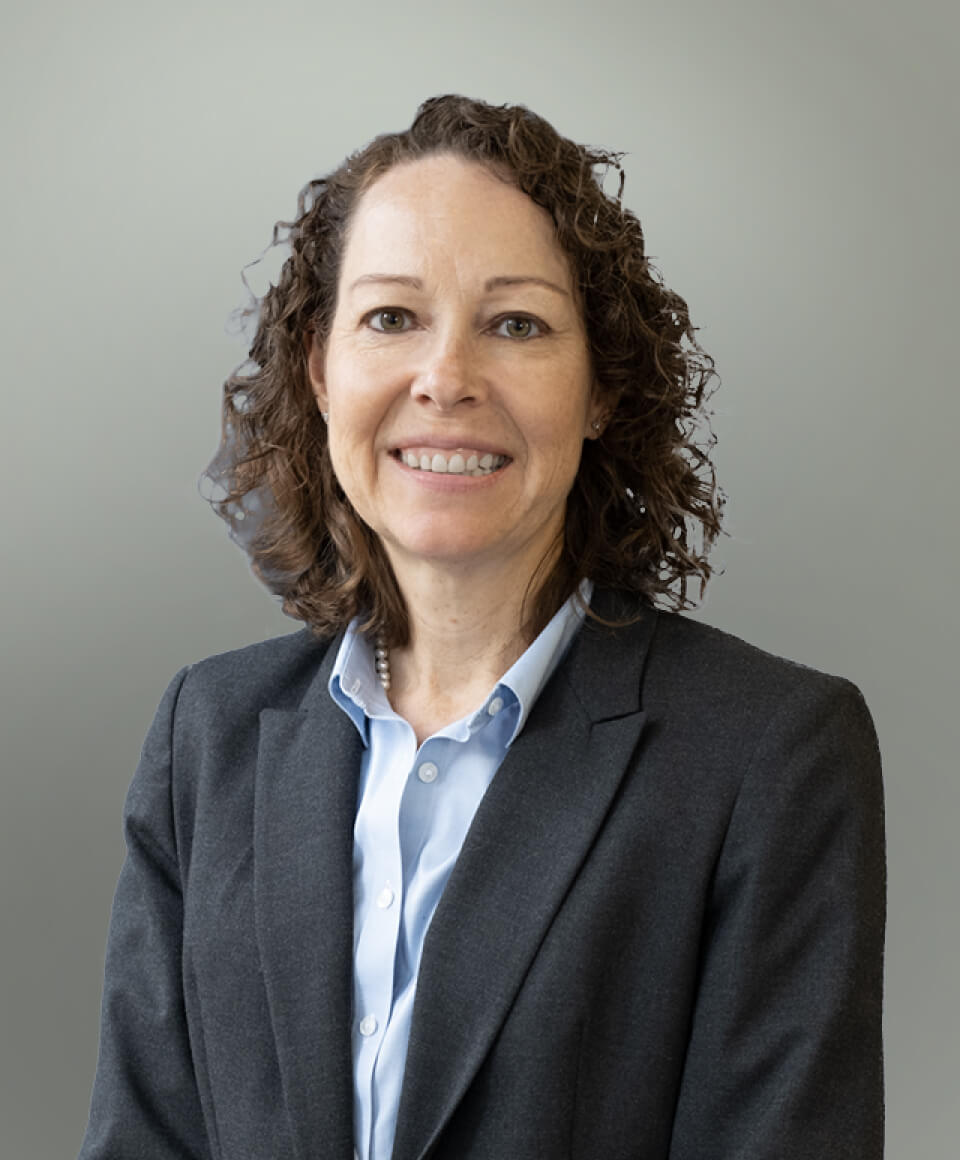Take 10 required courses to build your foundation in commercial real estate finance.
-
CREF program: 10 total courses to earn CREF certificate
-
Self-paced & 100% online
-
Get full CREF program, community, & more with a CFI membership
-
Get this program and CFI's full training catalog for your organization
-
Manage learning, create custom paths & measure progress
-
For teams of 2 or more learners
Program Overview
10 courses
10 Required Courses
40-50 Hours
Average completion time
Receive a Certificate
To verify your skills
500,000+ 5-star ratings
Best-in-class training, as rated by you
Your Road to a Commercial Real Estate Finance Specialization
This comprehensive specialization consists of 10 courses and 1 mortgage case study to deliver practical, real-world skills for commercial real estate finance.
Get Specialized
Specializations allow narrow and deep focus on a targeted subject area, with particular attention to specific analysis techniques and actionable skills.
They are designed to deepen your industry acumen and to prepare you for faster professional growth within the sector.
Commercial Real Estate Finance Specialization Learning Objectives
-
1.43%Real Estate Lending
-
2.24%Construction Finance
-
3.16%Real Estate Financial Modeling
-
4.12%Environmental Analysis and Due Diligence
-
5.5%Lease and Rent Roll Analysis
-
Understand the important elements of, and process behind, commercial real estate lending – both for income-producing investment deals as well as owner-occupied property transactions
-
Explain the differences and similarities between different types of real estate loans and different property classes
-
Examine key property valuation metrics and how they relate to the credit analysis process
-
Explore the key property parameters that affect the credit underwriting process
-
Understand how key variables drive loan amount, risk rating, credit terms, and commercial mortgage pricing
-
Familiarize yourself with all the important documents and reports required to understand and analyze a real estate transaction
Taught by Industry Experts

Kathy Poettcker

Lisa Dorian

Tim Vipond, FMVA

Kyle Peterdy
Explore Your Career Options
Over 85% of executives, supervisors, and HR professionals agree that certified individuals bring value, gain credibility, and are seen as top performers.
* Source
-
Credit Analysts
Analyze and structure real estate borrowing for various types of capital providers like banks, REITs, and Pension Funds. -
Risk Manager & Credit Adjudicator
Assess and approve transactions for banks and other financial institutions. -
Private Real Estate Lenders
Work with private capital providers and family offices to underwrite more effective real estate loans. -
Real Estate Investors and Advisors
Understand how lenders and external capital providers assess transactions to seek out better deals and negotiate better structures. -
Commercial Mortgage Brokers
Analyze and package deals more effectively to facilitate quicker turnarounds and better terms for clients. -
Commercial Relationship Managers
Work with commercial real estate investors and developers on behalf of lending institutions.
Our Learners Work At:





What Our Students Say
Over 75% of CFI learners report improved productivity or competency within weeks.
Love that I could understand the terms and processes, not having any prior knowledge of Real Estate.
Giselle Palmer
Introduced us to unique considerations in modeling the real estate industry, including differences in sale and construction timelines, maximum land loans, and tiered waterfall equity. These considerations can be complex, but the course introduces these concepts in a digestible way.
Jude Baguio
I specialized in real estate management as part of my undergraduate degree but this course still exposed me to a variety of topics I needed clarification on. Highly informative and I will be recommending this course to my colleagues.
Paolo Hermogenes
My understanding of real estate financial modelling has been improved a lot. Easy to follow and includes great templates as well.
Sigit Syahranie
Frequently Asked Questions
If you haven’t found your answer from our FAQ, please send us a message.
If you haven’t found your answer from our FAQ, please send us a message.





